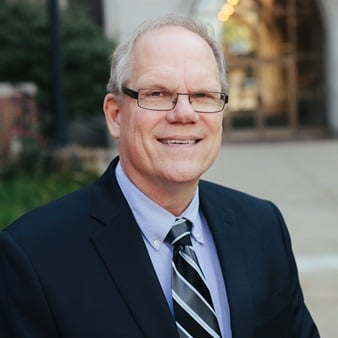Daily Devotional | The Last Word
People sometimes wish that God would say something to them. They have a question to ask or perhaps even a complaint to air. But if the Old Testament teaches us anything, it indicates that God has already spoken to us. The writer of the book of Hebrews, whose name we do not know, begins with a reminder that God spoke “at many times and in various ways” in the past (Heb. 1:1).
The author says this to draw a contrast that will shape everything else we read in this book. God has spoken in the past. But the climax of all that He has said is found in the person and work of Jesus Christ. This is because everything God has said is ultimately meant to reveal Himself. According to verse 3, only Jesus is “the radiance of God’s glory and the exact representation of his being.” Jesus puts a human face on God. But He does more than translate the unseen nature of God into a human form.
Verse 3 points out that Jesus shows us what God is like because He is God. He sustains all things “by his powerful word.” Jesus is the revelation of God that all previous revelation was building toward. Yet He came to do more than show us what God is like. Jesus also provided “purification for sins” by offering Himself as a sacrifice (v. 3). The message at the heart of the book of Hebrews is the incomparability of Christ. Jesus is superior to all things, even the angels, because He is their creator (v. 4). He is the sacrifice that surpasses any other sacrifice that may be offered for sin, even those that God Himself prescribed in the Law of Moses. Jesus is the only way to God.
What do we learn about Jesus in these first four verses? Why is Jesus the better way? What did He provide that people did not have before?
Almighty Father, you’ve been speaking to Your people from eternity past. And You continue to reach out to us with Your eternal Word—Jesus Christ. Thank You for Your all-encompassing love in human form, Your Son.
About the Author

John Koessler
Dr. John Koessler is Professor Emeritus of Applied Theology and Church Ministries at Moody Bible Institute. John authors the "Practical Theology" column for Today in the Word of which he is also a contributing writer and theological editor.
View More